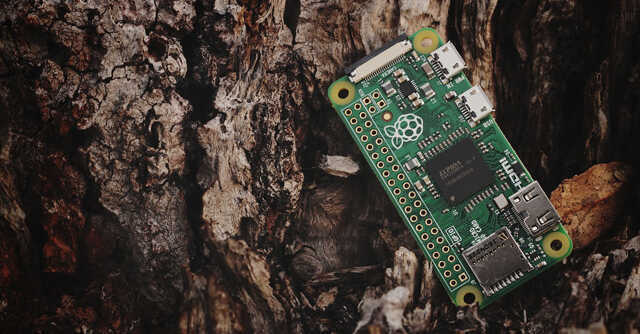
This Raspberry Pi-based system needs no software to detect malware on your device


Detecting malware and other viruses in any device always requires the use of software. But, some researchers have recently developed a new system that requires no software to find out if a computing device may be infected.
The novel hardware setup involves a unique system built on a Raspberry Pi, developed by a team of researchers at the Institute of Computer Science and Random Systems (ICSRS).
Also read: New malware could affect millions of routers and IoT devices

According to the research paper, which was published with the Association for Computing Machinery, the key working principle was to leverage the unique electromagnetic signals that different software running on a computing platform emanates. Every software running on a system creates a unique electromagnetic wave pattern, and this includes viruses and malware as well. It is this that the ICSRS researchers leveraged.
To do this, an H-field (magnetic field) probe was used to capture the electromagnetic signal from the current flowing in a circuit. The probe’s captured data is then fed into an oscilloscope, and the waveforms observed through this oscilloscope are then fed into a Raspberry Pi.
The latter was subsequently programmed to recognise waveform patterns of known malware and viruses, which the researchers validated by testing on devices.

The end objective of such a system is to help security researchers, particularly in the large enterprise sectors, to defend better against cyber exploits. Attackers have gotten exponentially better and more sophisticated, leading to better camouflaging of software signals that let cyber security tools identify exploits on a computing platform. In other words, using software to fight the rogue software has become increasingly difficult.
In such cases, a hardware system such as this could come very handy. In large enterprises, servers could get an additional hardware-level virus check. Any segment of a server setup returning a waveform match for known viruses and malware could be isolated in urgency, thereby preventing an exploit from spreading across an organisation.
